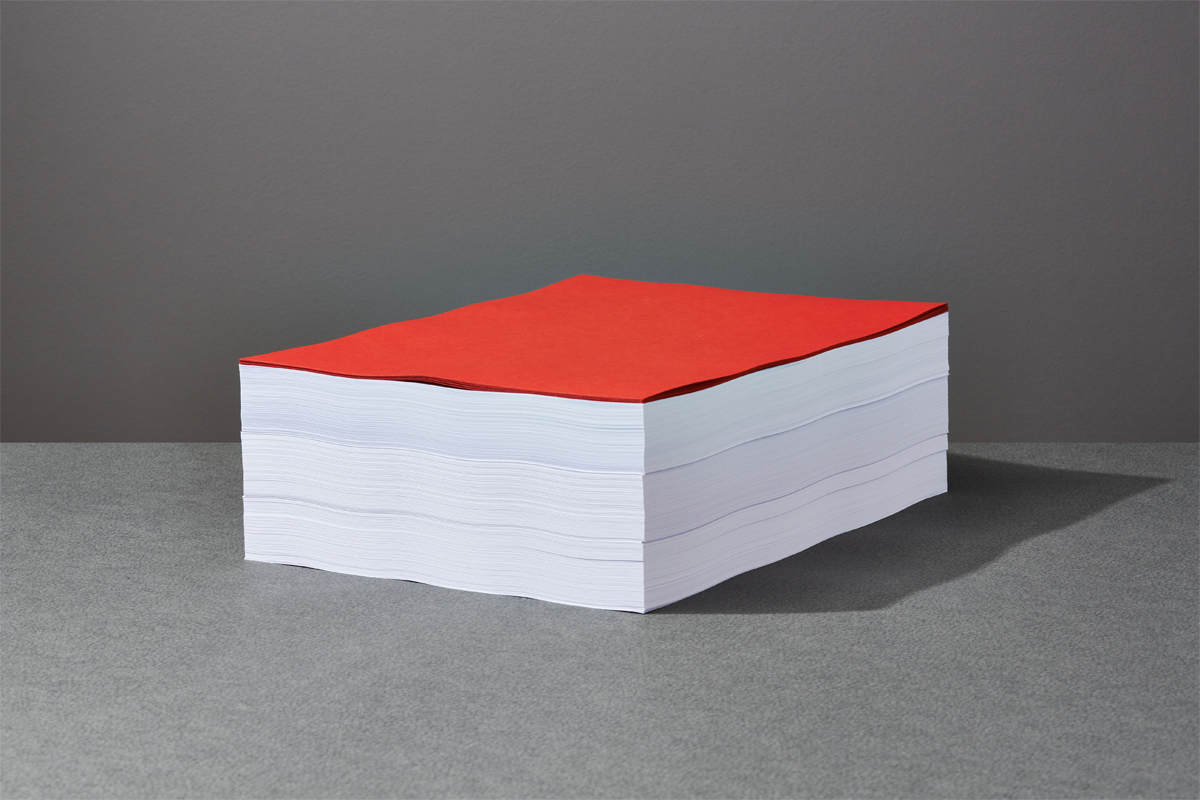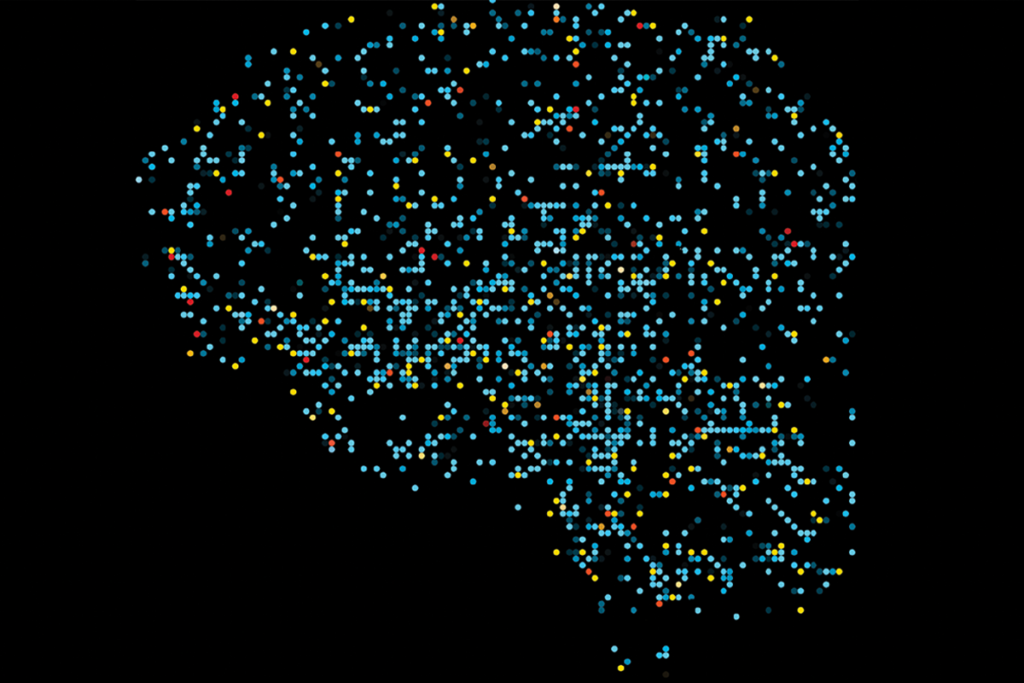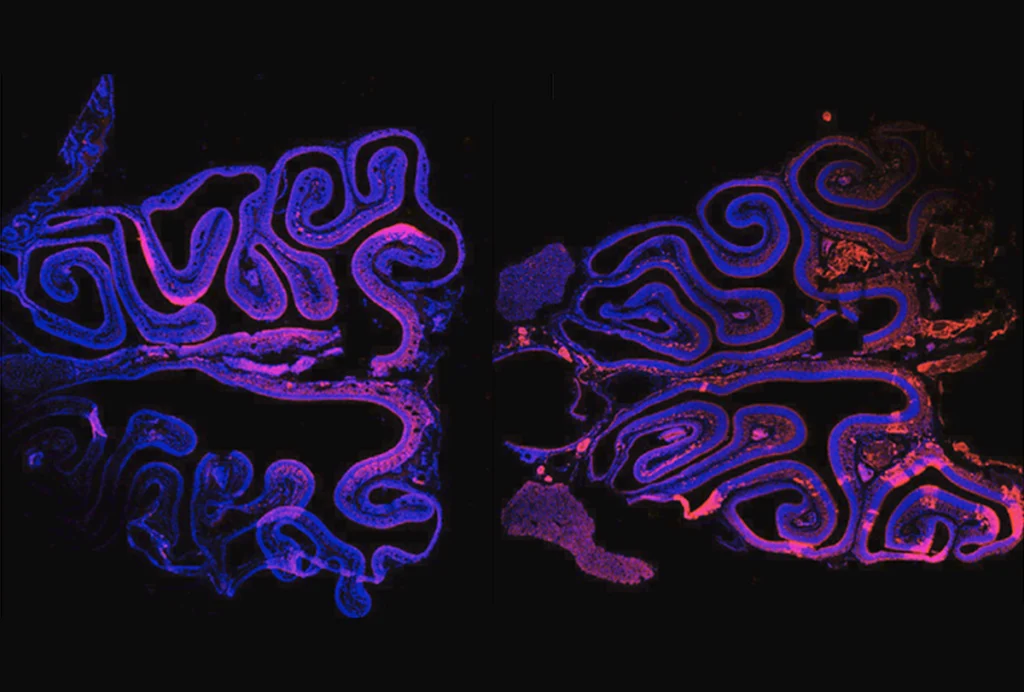‘Star’ neuroscientist faked data in paper and grant applications, U.S. government finds
The faked data, which was part of research on the genetic mechanisms of synaptic plasticity, was used to obtain more than $1.4 million in federal funding.

Editor’s note
A former junior faculty member at the University of Utah fabricated data in more than 40 figures used in a published paper, university presentations and nine grant applications, according to a U.S. federal watchdog.
The misconduct took place while the researcher, Gian-Stefano Brigidi, was a postdoctoral fellow in Brenda Bloodgood’s lab at the University of California, San Diego; he then became assistant professor of neurobiology at the University of Utah, Brigidi says.
Brigidi obtained more than $1.4 million in federal funding through three of the grant applications, according to a case summary from the U.S Office of Research Integrity (ORI) published yesterday.
At both institutions, Brigidi studied the genetic mechanisms of synaptic plasticity, with a particular focus on inducible transcription factors, which drive gene regulation in neurons after an action potential.
Brigidi is “no longer employed at the University of Utah,” a university spokesperson told The Transmitter in an email. The spokesperson later declined to comment on Brigidi’s statement that no misconduct occurred during his time there.
Brigidi “knowingly or intentionally combined two to three real data sets and two to five fabricated data sets to falsely increase the n-values,” of electrophysiology recordings and gene-expression measurements reported in some of the figures, the ORI case summary states. He also “knowingly or intentionally manipulated” confocal microscopy images.
The paper, “Genomic decoding of neuronal depolarization by stimulus-specific NPAS4 heterodimers,” was published in Cell in 2019 and has been cited 47 times, according to Clarivate’s Web of Science. Brigidi agreed to correct or retract the paper, according to the case summary. “Cell does not comment on individual cases,” a journal spokesperson told The Transmitter in an email.
Brigidi included faked data in a 2021 application for the National Institutes of Health’s NIH Director’s New Innovator Award, which resulted in a $1.37 million grant. The award was terminated at the request of the University of Utah, according to the NIH RePORTER.
When asked about the details of the grant termination, a University of Utah spokesperson told The Transmitter, “We don’t comment on personnel matters,” and the NIH Office of Extramural Research said, “NIH does not comment on specific grant compliance reviews on our supported recipient institutions and investigators.”
The application for a $333,174 grant awarded to Bloodgood, Brigidi’s former supervisor, also included faked data, the case summary states. Bloodgood was not available for an interview in time for this article’s publication, and the University of California, San Diego declined to comment.
Brigidi entered a voluntary settlement agreement with the ORI, effective 24 March. The terms dictate that Brigidi must be supervised by two to three senior faculty members for the next five years when conducting federally funded research.
News of the misconduct was a complete surprise, says Shernaz Bamji, professor of cellular and physiological sciences at the University of British Columbia and Brigidi’s former Ph.D. supervisor. “I was really, really shocked because this is completely not in keeping with what I know of Stefano [Brigidi].” Brigidi spent six years in Bamji’s lab and was “very diligent and incredibly hard working,” she says. “He really was a star.”
Recommended reading

‘Bioethics and Brains: A Disciplined and Principled Neuroethics,’ an excerpt

Former Columbia University psychiatrist committed research misconduct, says federal watchdog
Explore more from The Transmitter

Developmental delay patterns differ with diagnosis; and more

‘Natural Neuroscience: Toward a Systems Neuroscience of Natural Behaviors,’ an excerpt

